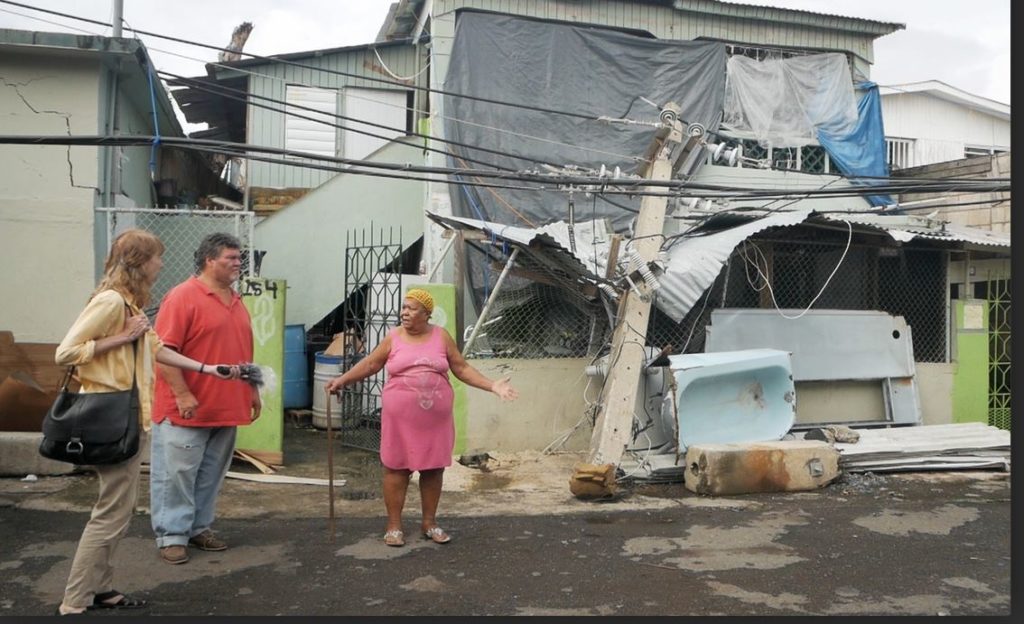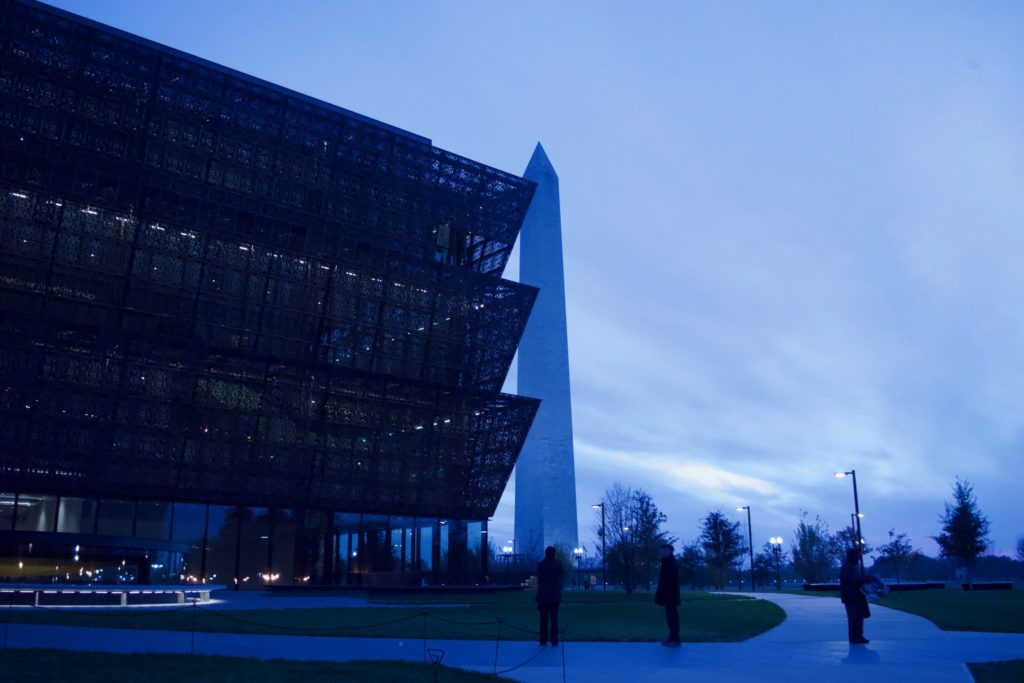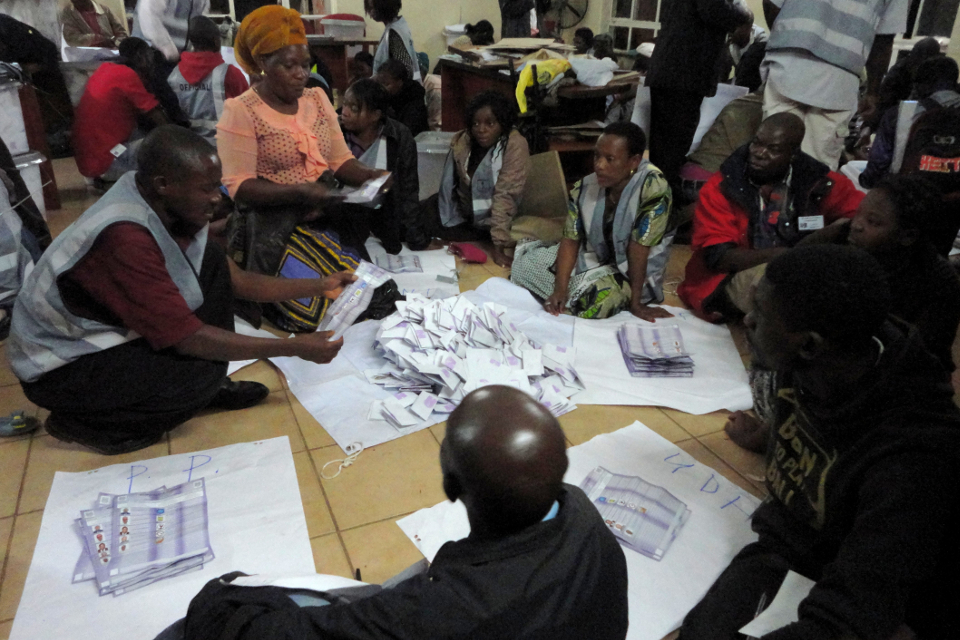
Anthropologist Margaret Mead once famously stated, “Never doubt that a small group of thoughtful, committed citizens can change the world.”
There is little rigorous evidence that protest can change the world. Skeptics claim that social movements are the symptom rather than the cause of historical change.
In a new article published in the American Sociological Review, sociologists Michael Biggs of the University of Oxford and Kenneth T. “Andy” Andrews of the University of North Carolina at Chapel Hill provide compelling evidence that protest can make a difference.
They investigate sit-in protests by black college students in 1960, which targeted stores that refused to let blacks sit down to dine. Collecting information on 334 cities in the U.S. South, Biggs and Andrews compare cities where sit-ins occurred to cities without sit-ins. They then ask which cities experienced desegregation over the following two years.
Their analysis takes into account numerous social, economic and political factors that could explain success. Some of these factors shaped the black community’s ability to mobilize, like the membership of the National Association for the Advancement of Colored People. Other factors indicated the extent of white opposition, like the proportion voting to maintain strict segregation. After accounting for such factors using statistical analysis, Biggs and Andrews find that sit-ins did increase the probability of desegregation in that city and also helped bring about desegregation in nearby cities.
The article shows that broader historical changes were not enough to break down racist practices. Action by a relatively small number of African Americans, directly challenging those practices, was needed to propel social change.
“This is a strong reminder of the power of protest to change long-standing and taken-for-granted patterns of inequality,” said Andrews, professor and chair of sociology in UNC’s College of Arts and Sciences. “It is important that the protest not only changed the cities where demonstrations occurred, but that success spread to other cities nearby — essentially, the protest had collateral success.”
Andrews’ research examines social movements, political institutions and social change. In past research he has examined the diffusion of protest, media attention and the consequences of movements. Current projects examine the dynamics of protest campaigns, cultural conflict and legal change, and the organization and leadership of civic associations.
Read the article online: http://asr.sagepub.com/content/current.



